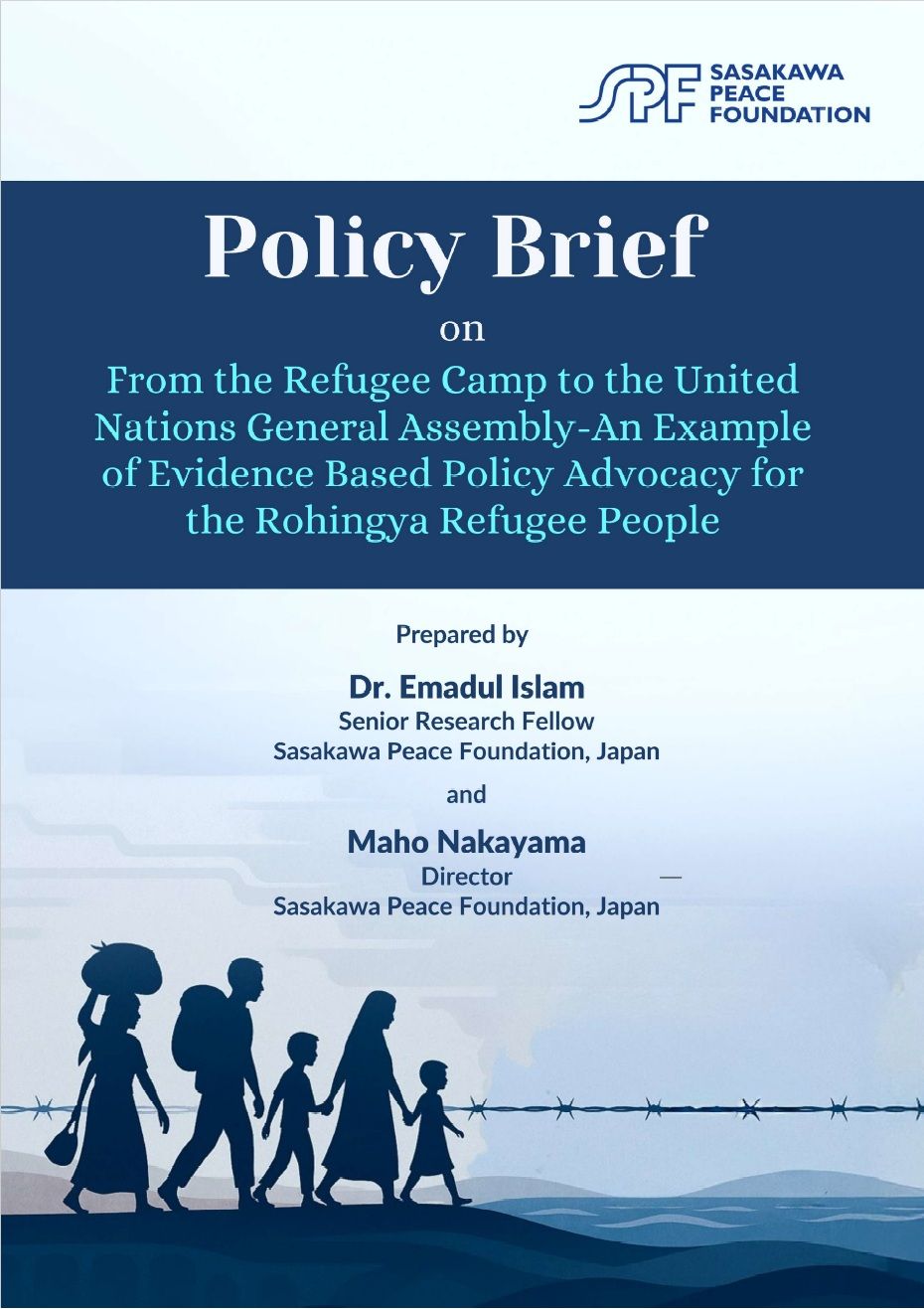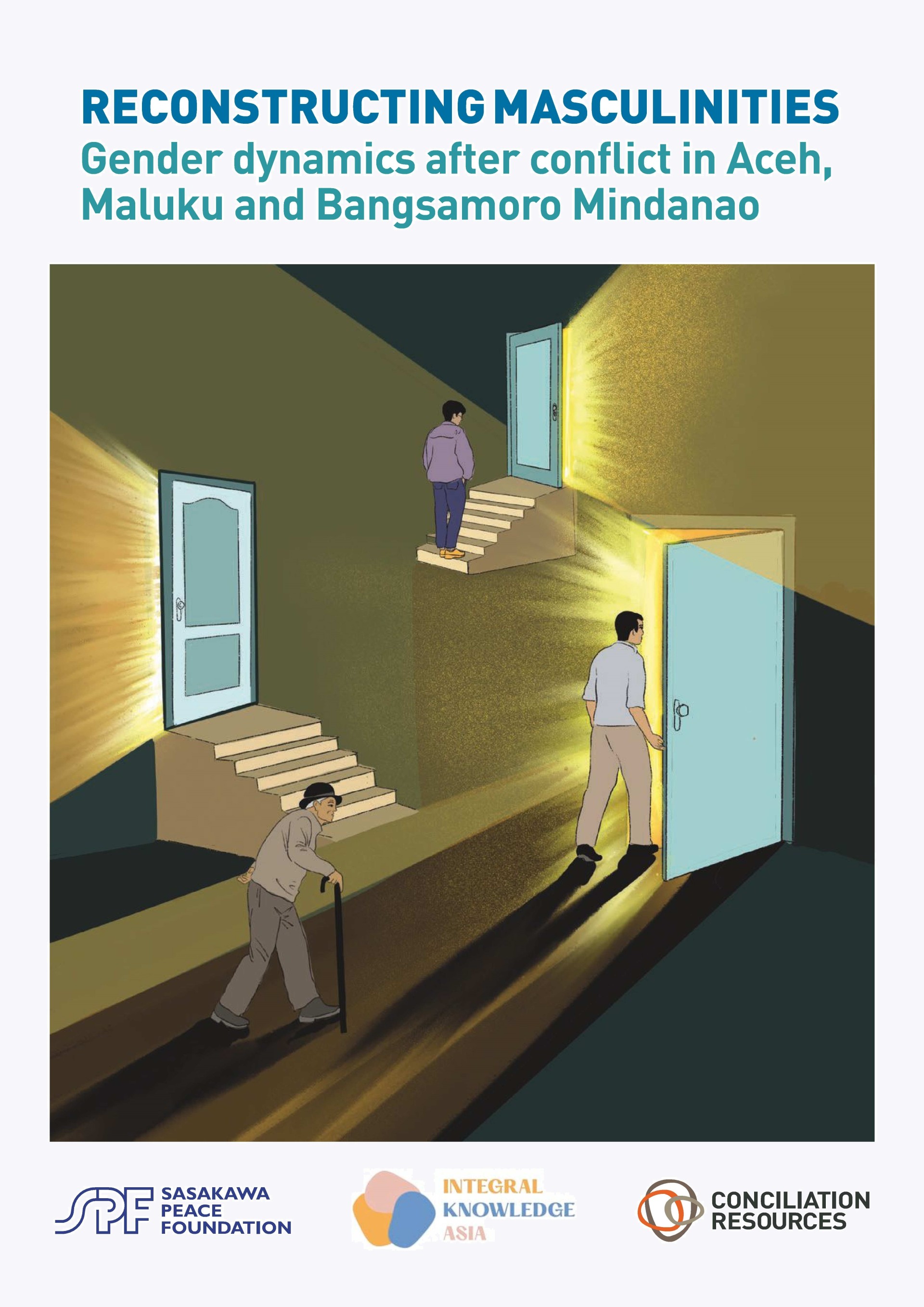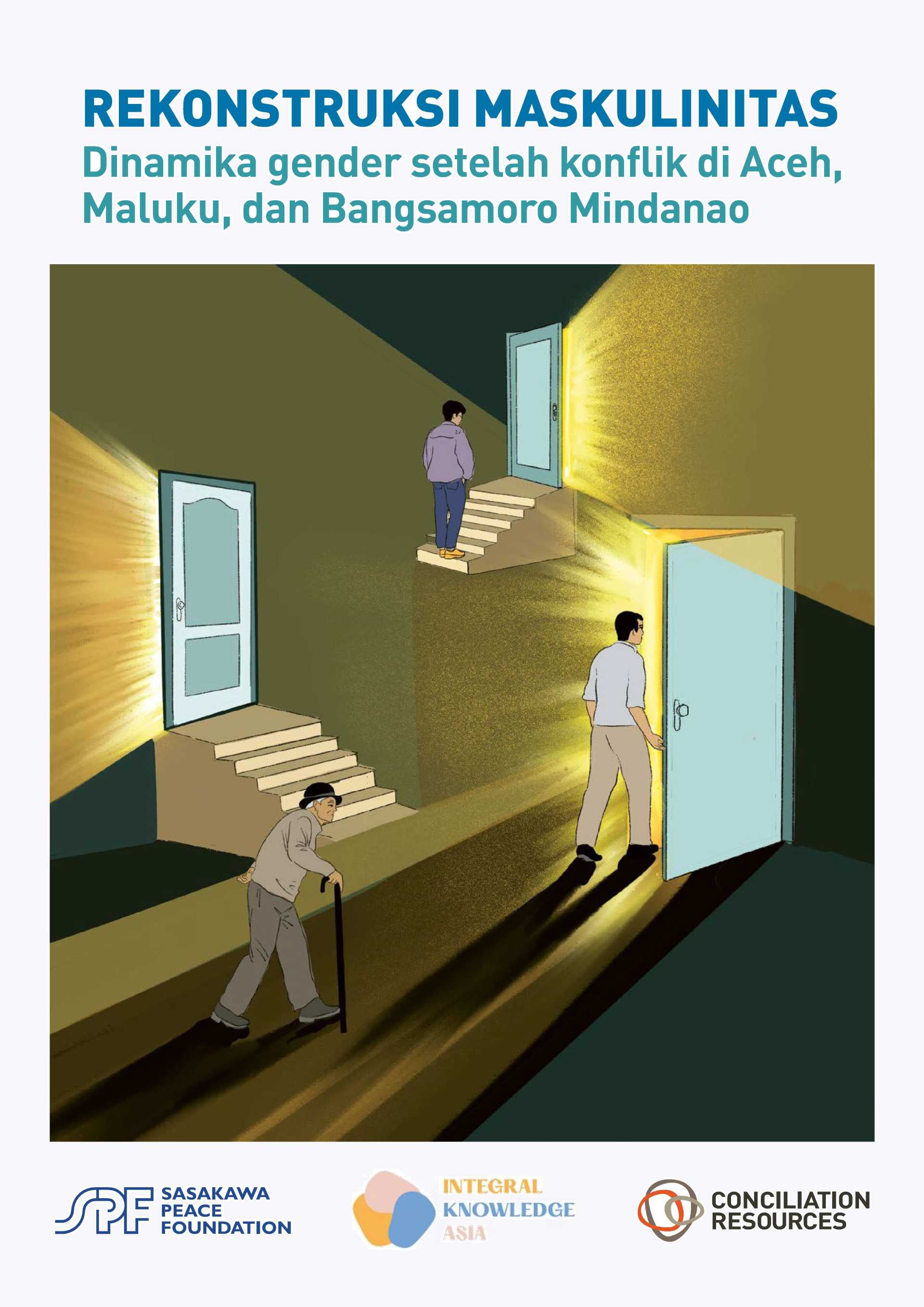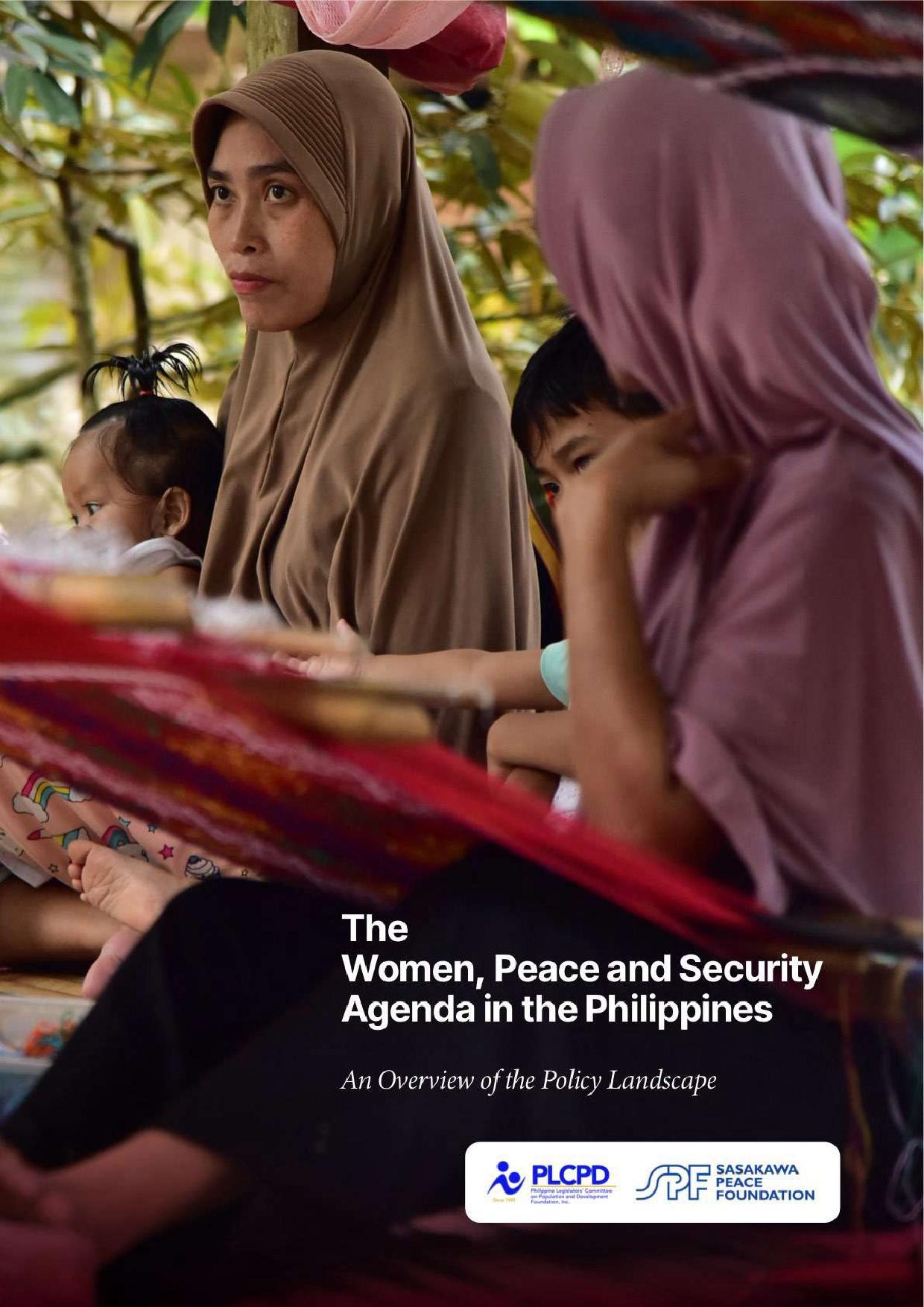One of the pillars of the Peacebuilding Program's activities is the promotion of the Women, Peace, and Security (WPS) Agenda. We think that the challenge of engaging men is one of the obstacles that hampers WPS efforts, given that even after 20 years from the adoption of UNSC Resolution 1325, the expected transformation has not yet realized, as seen in the limited number of women participation in peace processes. In addition, we believe it is necessary to understand the unique context of individual societies to promote structural change in gender relations in the field. Based on this understanding, we have been conducting a research project on the WPS agenda with several partner institutions since 2021.
We have worked with our partner institutions in the U.S. (Georgetown Institute for WPS), U.K. (Conciliation Resources), Southeast Asia (Integral Knowledge Asia, International Center for Aceh and Indian Ocean Studies, Pattimura University, Mindanao State University General Santos) and collected responses from 6,000 men and women in three conflict-affected contexts in Southeast Asia: Aceh and Maluku in Indonesia and the Bangsamoro Autonomous Region in Muslim Mindanao in the Philippines, on issues including gender equality, gender norms, experience of violence, mental health status, and perceptions on peacebuilding. Our partner institutions analyzed the data set and compiled the results into a number of papers.
Last fall, the Georgetown Institute for WPS (GIWPS) published a report which analyzed primarily on quantitative data. We are pleased to present another report, “Reconstructing masculinities: Gender dynamics after conflict in Aceh, Maluku and Bangsamoro Mindanao,” which is based on the results of joint analysis with local researchers and activists, investigating both the quantitative and qualitative data from focus group discussions and interviews. This newly compiled report will be presented at a joint launch event with the Conciliation Resources Brussels Chapter on March 19, 2024, at 6:00 p.m. Japan time.
We hope this new report, which examines the actual challenges faced by women and men in post-conflict peacebuilding, together with the paper published by GIWPS will help the readers to understand in depth the complexity of gender dynamics and peacebuilding as well as the importance of understanding masculinities to promote the WPS agenda.



